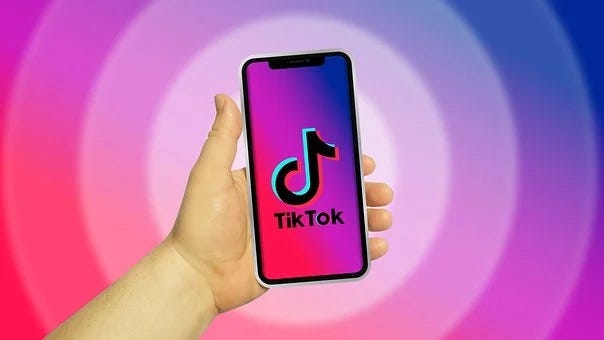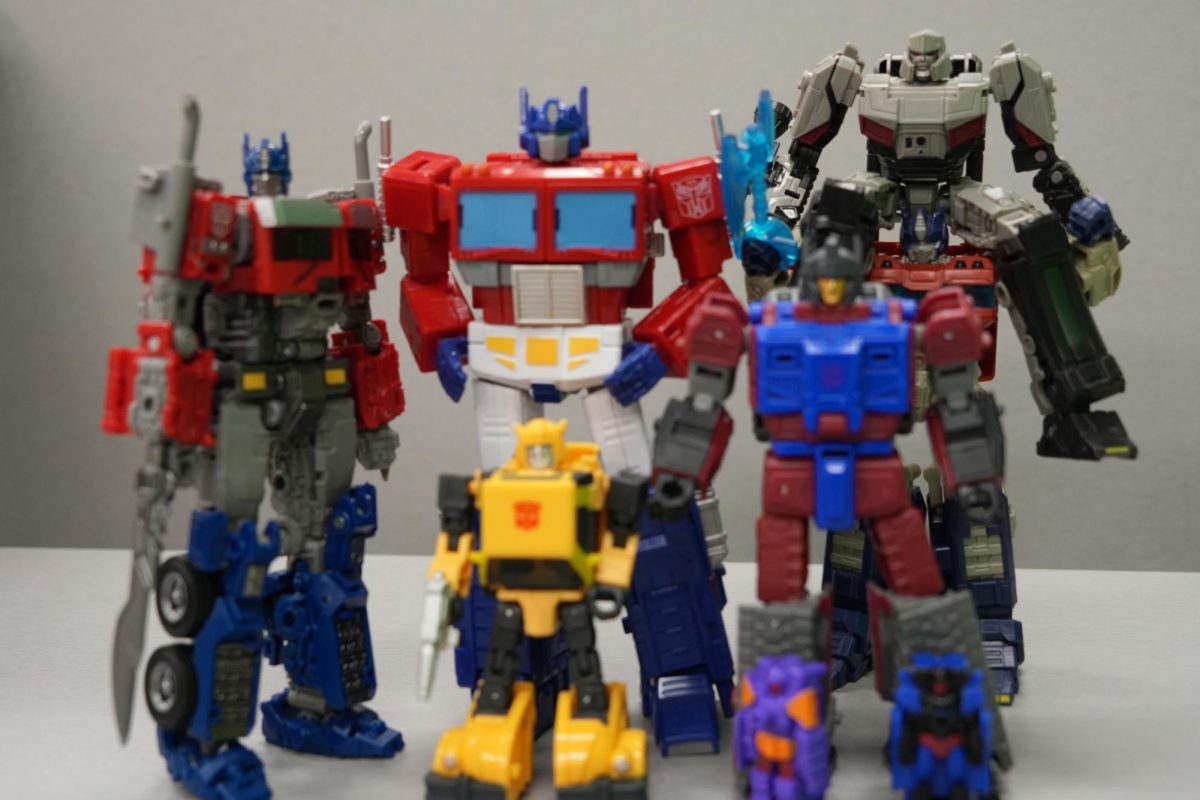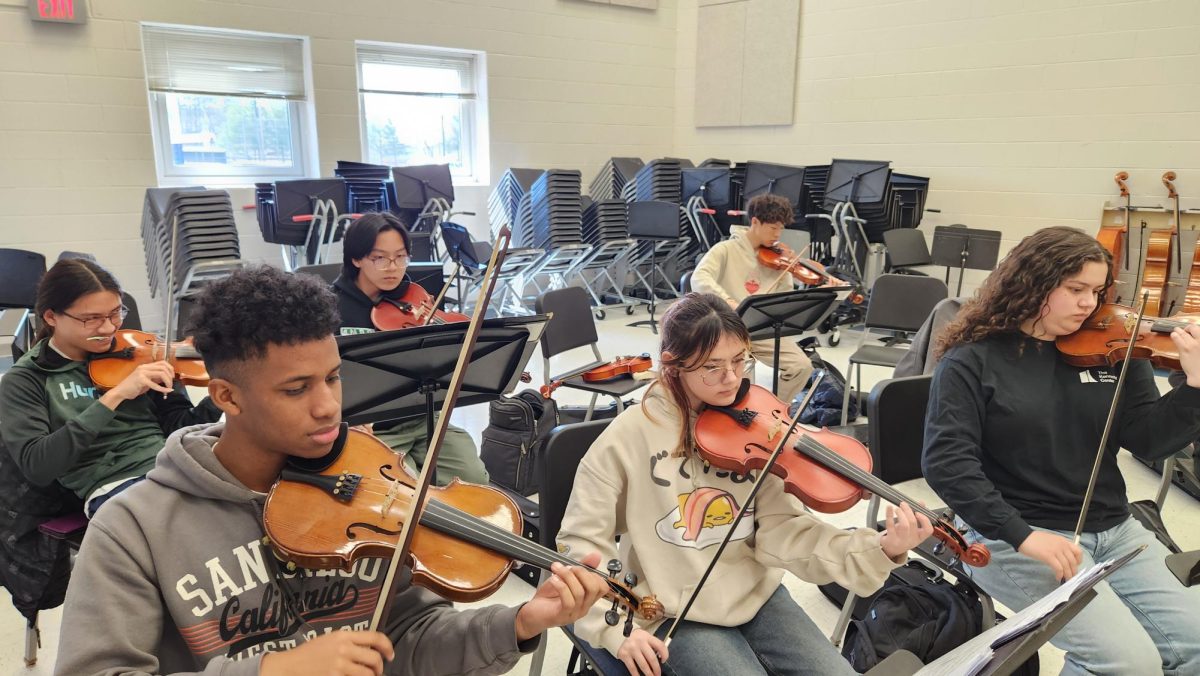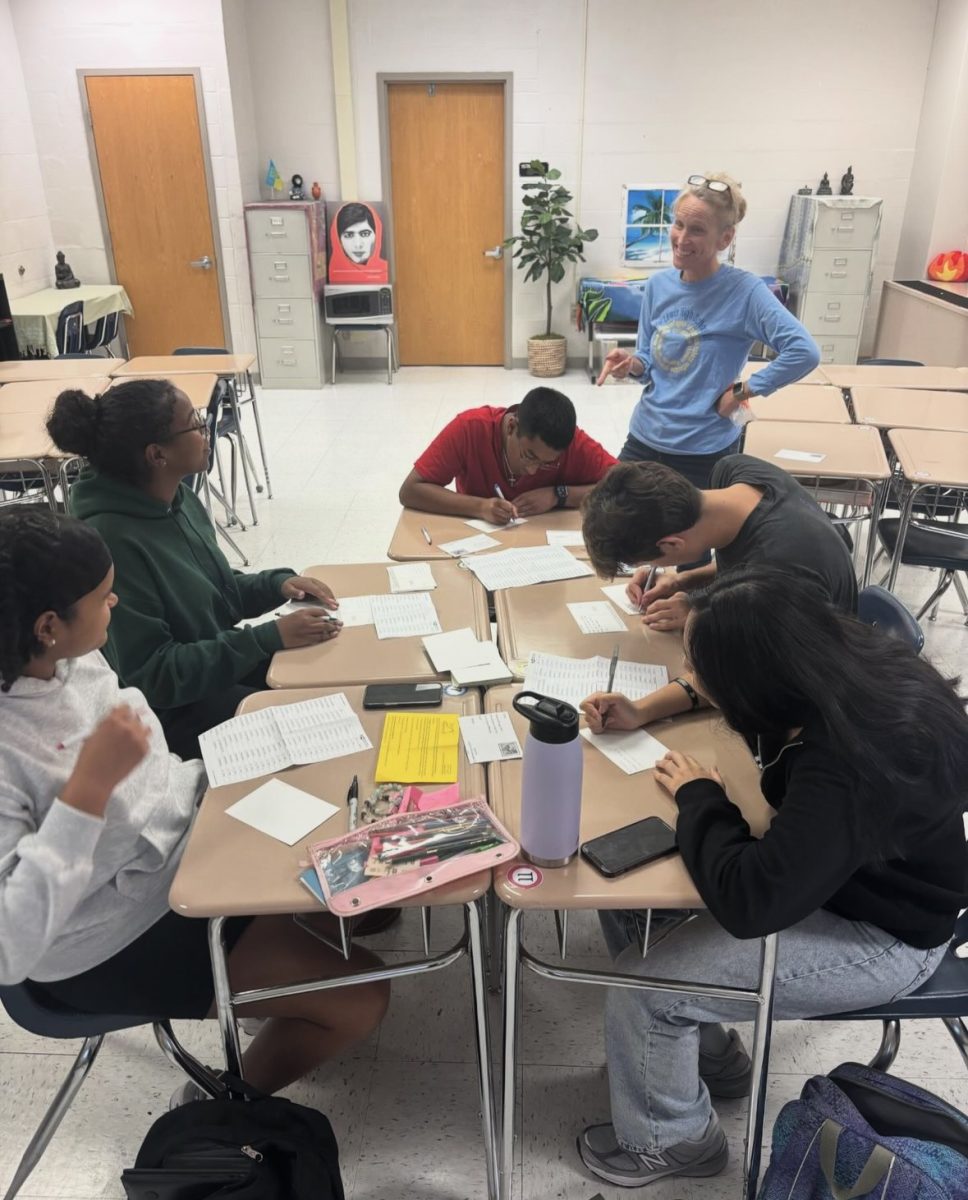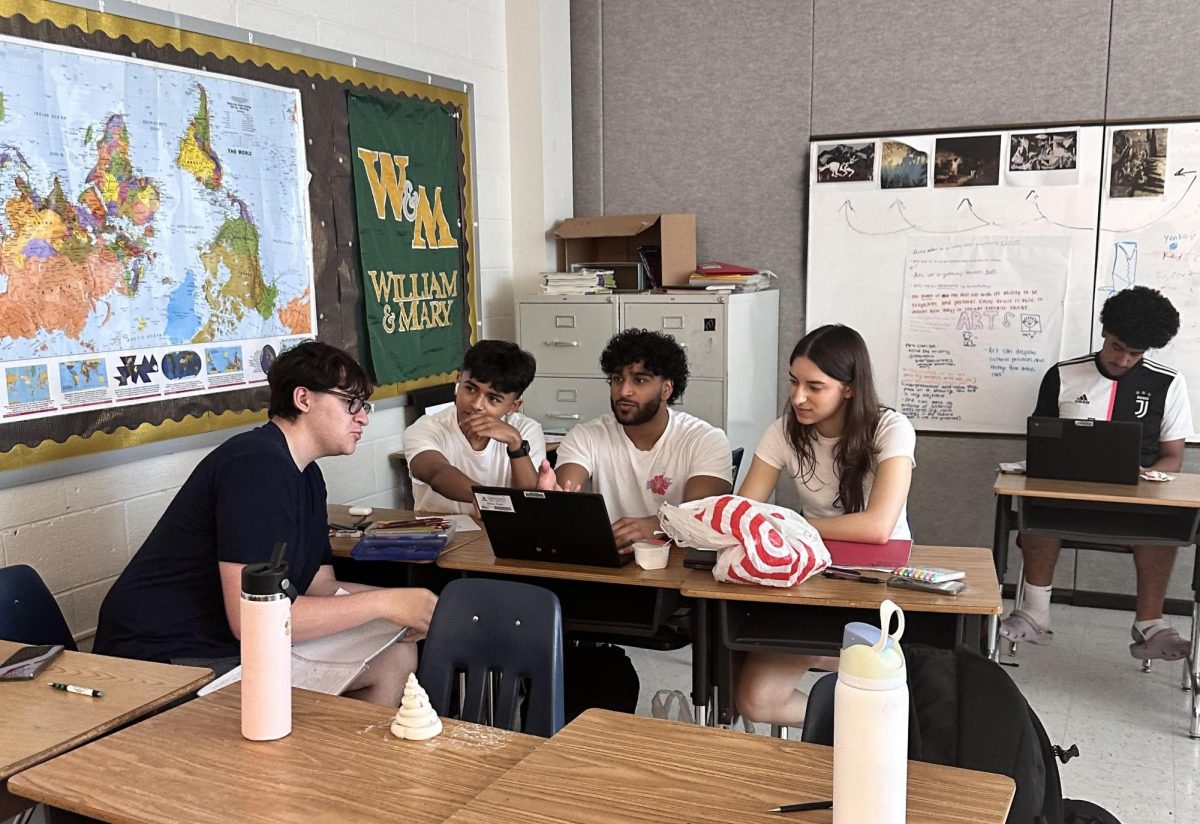The fate of Americans’ ability to access TikTok will be determined by Congress. In March, Congress passed the Protecting Americans from Foreign Adversary Controlled Applications Act (PAFACA) to ban any social media platform considered a national security threat by the president of the United States. After its passage in both houses, President Joe Biden signed the bill into law on April 24, 2024.
But what does this mean for TikTok? The bill explicitly applies to TikTok, owned by Chinese internet company ByteDance. The bill’s passage forces ByteDance to make the following decision: sell the app to an American-based company by January 19, 2025, or the ban will go into effect.
However, ByteDance shows no intention of selling the app to an American company. TikTok CEO Shou Zi Chew has consistently denies that TikTok is a tool of the Chinese government and insists that the app shares the same privacy protections as any other social media platform.
Congress took this measure against ByteDance as tensions between the U.S. and China run high with concerns over Chinese espionage and possible election interference. The biggest concerns regarding TikTok are its possible ties to the Chinese government and the possibility that this app could be used against the U.S.
Lewis students widely use TikTok. Due to the app’s popularity and national coverage surrounding the TikTok ban, both students and staff are well aware of the situation and are also quick to have an opinion on the topic.
A.P. Government teacher Chris Erwin believes that in the midst of tension between the U.S. and China, China may be using its capabilities to obtain information from Americans—for example, through TikTok.
“We do, in other areas, know that the Chinese government is spying on us, and it’s conceivable that they could use TikTok for that. The Chinese government has much power to potentially coerce [ByteDance] into giving them data,” Erwin said.
Computer Tech Specialist Adam Schecter thinks it would be better if an American entity owned TikTok.
“I understand the connection that ByteDance has with the Chinese government and that a lot of our information, particularly young people’s information, is being sent and probably monitored by a foreign government. And that’s a government that doesn’t have the United States’ best interest at heart either. I don’t doubt for a moment that if there’s a way for the Chinese government through TikTok to be used to influence young Americans in some way, they’re going to do it,” Schecter said.
Not only staff members, but some students, like junior Hamza Manj, see TikTok as a potential national security threat and support the ban.
“Because TikTok is owned by a Chinese company called ByteDance, it could potentially be used as a tool for spyware,” Manj said.
Manj cites evidence of China’s famous firewall preventing its citizens from accessing certain American-owned cites.
“Almost all American apps are banned in China because they take extra precautions against spyware, so why can’t we do the same?” Manj said.
However, junior Zainab Hamid sees things differently, believing the U.S. Federal Government should exercise caution before issuing a complete ban.
“I understand a TikTok ban if there was evidence that directly points to the app as a national security threat, but right now, there isn’t sufficient evidence,” Hamid said.
Hamid sees a historical connection between Congress’ outcry against TikTok and the Red Scare of the 1950’s, when Americans with suspected Communist connections were persecuted by the federal government. “I believe this is hysteria without sufficient evidence to explain the fear—sort of like a Red Scare,” Hamid said.
Senior Sige Molla believes a potential ban sets a double standard, when American corporations are just as guilty of data mining.
“Big corporations and companies like Facebook or Meta are U.S.-owned companies that take data on us. We don’t always know where or who that data goes. It’s happening here as well, but the U.S. is focused on TikTok because it’s Chinese, and there’s a lot of tension between the two countries,” Molla said.
Lewis students against the TikTok ban, students like Senior Gerardo Hernandez, argue that a ban of the platform could violate the First Amendment.
“I feel like banning TikTok is banning a form of speech. People go on there to express themselves, and if they can’t, then I would say that is against the First Amendment,” Hernandez said.
However, Erwin suggests caution before labelling this as an attack on free speech.
“As far as TikTok goes, we have a question of do we have the right, or does our government have the right to say freedom of expression is and always has been limited, at least in some instances, when there are legitimate national security concerns. National security often has to be balanced against free speech,” Erwin said.
Other than being a national security concern, TikTok is known for its addictive interface, bringing up debates on how it affects mental health, especially among youth. Schecter has concerns about the negative impact of TikTok videos on young viewers’ mental health.
“As much as there are benefits to TikTok, there are a lot of drawbacks. You talk about trending videos that students or young people watch, and maybe they’re showing them, or they’re causing insecurity because you want to live like this [influencer] does. You want to make these videos like they do, but that’s not your life, and you start to feel insecure,” Schecter said.
Schecter believes that a short or long-term TikTok ban might be beneficial to American society, but he understands that a ban is not a simple solution to the problems TikTok has created. Schecter hopes students take the time to reflect upon why TikTok was banned and evaluate their own social media consumption.
“This might be a perfect opportunity to pause and reflect on my social media practices and if I’m spending too much time online. Maybe I’m too dependent on this app if it’s going to devastate my life, and I don’t have it?” Schecter said.
Should this TikTok ban go into effect next winter, existing apps probably won’t disappear from phones, but it would disappear from app stores, and updates from TikTok would be unavailable to American users. Maybe American users will find ways to continue to access TikTok, or maybe new American alternative apps will fill the void left by the absence of TikTok.
Junior Maniyah Anderson-Bowser sees the addictive nature of TikTok and other to social media platforms and stresses that all social media requires a lot of self-control.
“TikTok is addictive to some people, and I don’t think not having the app is sheltering yourself from it because other social media apps have that same effect,” Anderson-Bowser said.
The potential TikTok ban has sparked debates at Lewis High School about national security, free speech, and the app’s impact on mental health. Some hopefuls argue that the ban might help us reduce our social media dependence while most acknowledge it will not solve our short video addiction.
No matter what, we will need to wait until at least January 19, 2025 to determine the fate of TikTok in the U.S.

